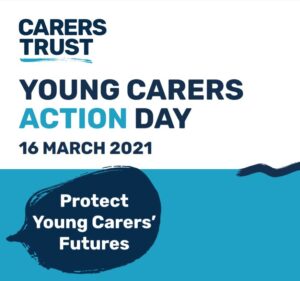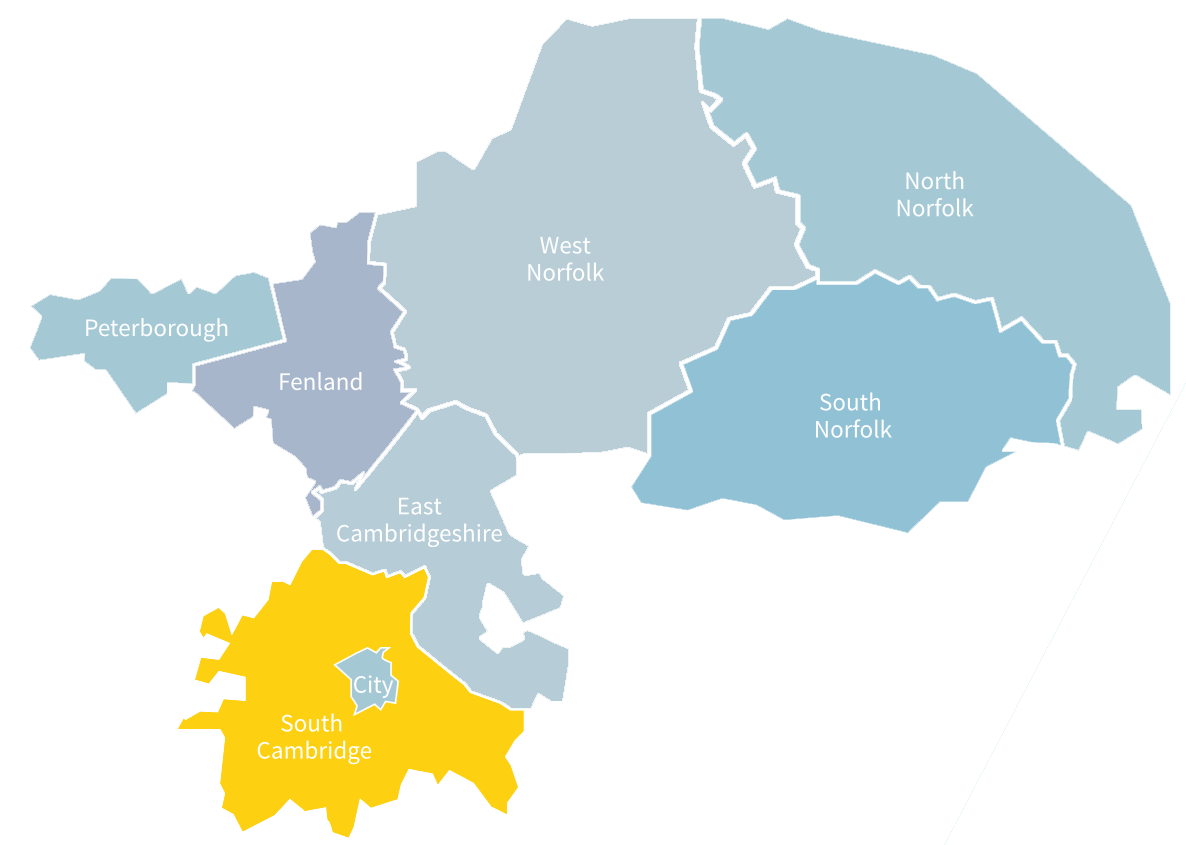 Young carers and young adult carers who care for a family member have shared how they have been affected by the coronavirus pandemic.
Young carers and young adult carers who care for a family member have shared how they have been affected by the coronavirus pandemic.
People looking after a family member or friend who cannot cope without their support can already face significant challenges. And ahead of Young Carers Action Day on 16 March a survey and series of interviews have shown how the demands of the role have increased during the pandemic.
Surveys by young carers and young adult carers have shown:
- 74% of young carers and young adult carers had their ability to cope with their caring role deteriorate during COVID-19 (with 81% of young adult carers no longer coping as well).
- More than 70% (71%) have seen their mental health negatively impacted.
- 53% have not had any respite or break from their caring role.
- 60% of those in education said their education had been negatively impacted.
- 59% of young adult carers said their family had been financially impacted.
- 54% saying young carers / young adult carers have not been given enough recognition during the pandemic.
They also said what would make a difference to them:
- Respite/a break from their caring role.
- Someone to check how they’re doing (emotionally and academically).
- Mental health support and having somebody to talk to.
- Life and career skills – like mentoring.
- People listening and caring.
You can download an overview of the findings by clicking her [PDF, 98kB]
One of the young adult carers we have interviewed, James, 18, described how being a carer affects every area of life, “It means that we miss out on social opportunities, on education opportunities and employment opportunities.”
 Lynne, 18, described the impact of the COVID-19 pandemic on her family, “We don’t get breaks anymore…
Lynne, 18, described the impact of the COVID-19 pandemic on her family, “We don’t get breaks anymore…
“It has just been so awful having to balance college with everything else – I don’t really know in words how to describe how this one’s made me feel other than it’s just been awful.”
Another young carer, Jasmine, explained how school can be very difficult when she has been dealing with caring responsibilities, “I’ll turn up to school exhausted.
“During the school day sometimes it’s hard to keep awake and focussed because there’s the worrying ‘Oh, is my brother doing ok?’, ‘Is mum ok?’”
You can find the full interviews with young carers and young adult carers here:
Andy McGowan, head of carer services, said, “Being a carer can already be a very hard role. Children as young as five can be involved in caring and it can impact their life in many ways. Many young carers and young adult carers care for more than one person, and often these people have more than one care need.
“Young carers and young adult carers have told us just how much they have been affected by the pandemic.
“The ways it affects them is very personal to their situations. For example, we know some young carers actually felt home schooling has helped them, as they are able to be with the person they care for. But for many others they felt they lost the break they got from going to school or college.
“Lots of these carers have not managed to get their normal breaks from their caring roles.
“This is why the support we have continued to offer through this period has been so important. That has included groups on Zoom, trips (when restrictions allow) funding to help families with what they have needed for remote learning when schools have been closed, sessions looking at carer skills development and other support.”
Other support Caring Together are introducing are a specific listening ear service, mentoring and employability support, and a Carers choices bursary for young carers and young adult carers.
The theme for Young Carers Action Day is ‘Protecting young carers’ futures’.
The surveys for young carers and for young adult carers were put together by young carers from Norfolk Young Carers Forum and young adult carers from Norfolk and Cambridgeshire and revealed at a virtual event held on 15 March.
Find out more about young carers, young adult carers and Young Carers Action Day at caringtogether.org/YCAD.
Throughout March Caring Together are encouraging people to walk your walk for carers – to take on whatever walking challenge they want, however far or short – to raise funds to support carers. See caringtogether.org/walkyourwalk for more details.






